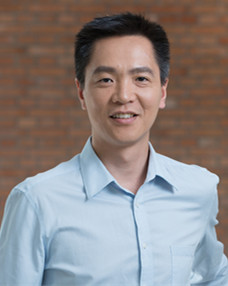PETALING JAYA: Health experts have advised the public to take precaution amid confirmation that the Arcturus viral subvariant has been detected in the country. Professor in Public Health Medicine and Health Economy in Universiti Kebangsaan Malaysia Dr Sharifa Ezat Wan Puteh said although the SARS-CoV-2 XBB.1.16 (Arcturus) viral subvariant is highly infectious, nothing pointed to it being more dangerous than other Omicron variants currently in circulation. “It is advisable for people to get a booster shot if they have not received one and wear a face mask whenever in crowded spaces,” she said, adding the government will soon be offering Bivalent vaccines which are especially effective for Omicron variants. Prof Sharifa said symptoms of the Arcturus subvariant included itchy or sticky eyes, as well as high fever and cough – particularly among children. “The Arcturus subvariant is highly infectious because it is difficult to be traced by our antibodies and because of that, it can cause people who already had Covid-19 in the past to be reinfected. “This will cause an increase in Covid-19 cases in time to come, and the World Health Organisation has classified the Arcturus subvariant as a ‘variant of interest’ (VOI) that will be under careful observation,” she added. Public Health Medicine Specialist Datuk Dr Zainal Ariffin Omar said the subvariant was fairly new and not much details was known about it so far. “It is predicted to be more infectious and may cause a rise in cases, but regardless, people should be vigilant and follow the SOP including masking up and getting a booster shot,” he said. Professor of Epidemiology and Public Health in Universiti Malaya Prof Dr Moy Foong Ming said Arcturus was the dominant variant in India and causing a new wave but added that cases were mostly with mild symptoms. “According to WHO, while this variant seems to be spreading faster and escapes immunity, it does not seem to be causing more severe illness in individuals or in the population infected with Arcturus. “However, even though it is not more lethal than other Omicron subvariants, we should take it seriously as it may cause severe illness to vulnerable groups,” she said. Prof Moy said whether a variant will cause a wave in a country depended on the immunity of the population as well as the variant which was last dominant there. “The public should practice TRIIS: Test, Report, Inform, Isolate and Seek medical help if infected. “Those who do not have their vaccination up to date and have not taken a booster dose should do so as soon as possible,” she said. On Monday, Health Minister Dr Zaliha Mustafa said a total of 12 cases involving the Arcturus viral subvariant had been detected in the country. Six cases were detected in Sarawak, four in Selangor and two in Kuala Lumpur, she said.
The XBB.1.16 subvariant was first detected in the country in March, but the minister said the situation was under control and that health facilities were not under any pressure.
Related posts:
1.jpg)
.jpg)








